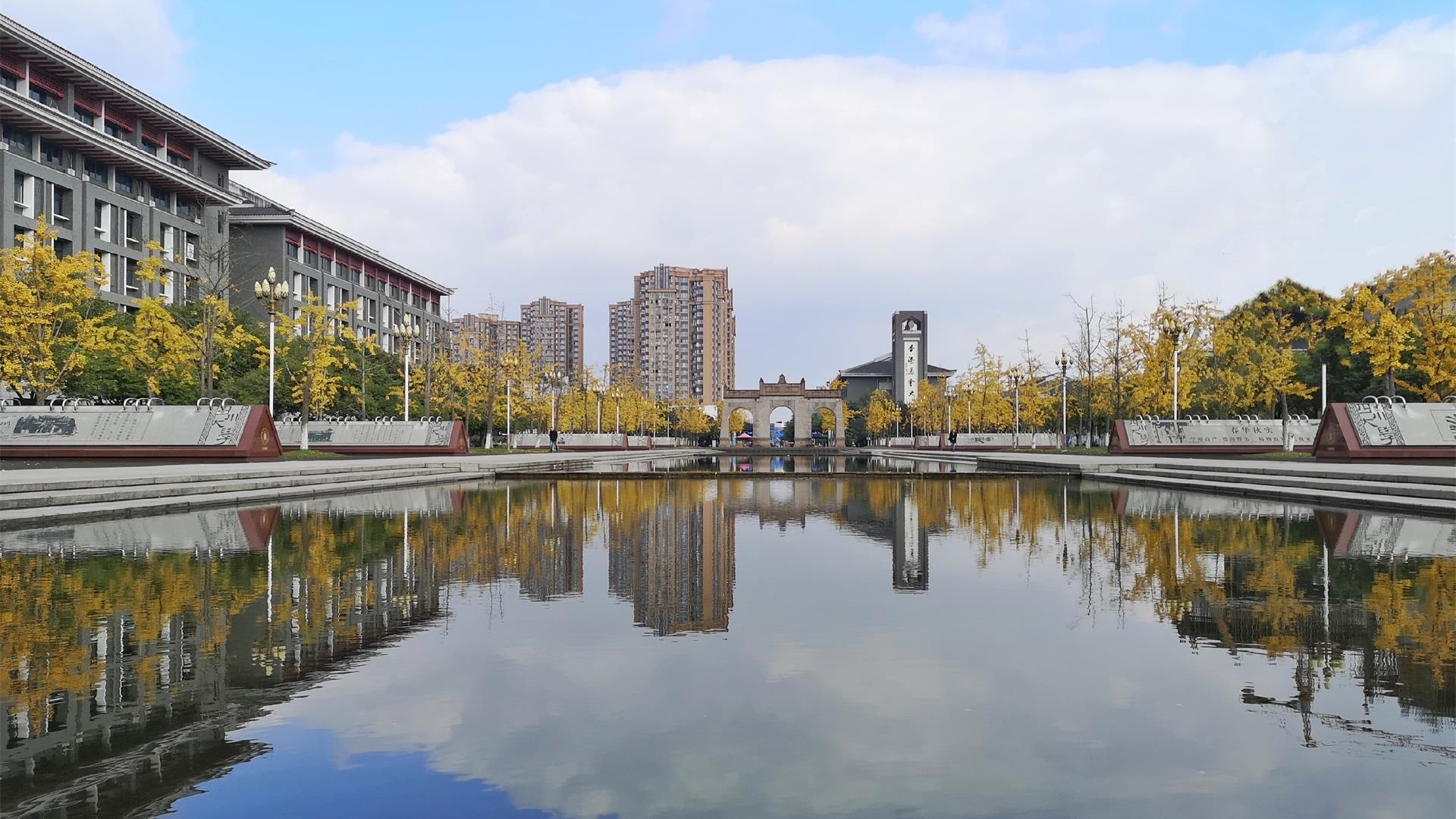The Understanding Risk Himalayan Climate Data Field Lab 2024 (URFL2024) is a month-long, flexible unconference that will gather scholars, practitioners, activists, community leaders, and storytellers to examine the ways that climate change data and information infrastructures shape adaptation and mitigation in the Himalayan region. Through join the Field Lab to co-design, test and produce new ideas, analytic tools, maps, sensing technologies, data protocols, artistic pieces and communication products that address climate change and its impacts, with the aim of creating a more equitable and pluralistic data landscape in the Himalayan region.

From May 13th to June 7th, a month-long UR Filed Lab on Himalayan Climate Data (URFL2024) was held in Nepal. This workshop was co-hosted by the University of Toronto, the University of Michigan, the Himalayan University Consortium, and the National Disaster Risk Reduction & Management Authority of Nepal. It was supported and co-organized by the World Bank Disaster Risk Finance and Insurance Program (DRFI), the Global Framework for Disaster Risk Reduction and Recovery (GFDRR), the Canadian Social and Human Sciences Research Council, and the International Centre for Integrated Mountain Development (ICIMOD), among others. The workshop attracted over 170 scholars from 20 countries, including the United States, United Kingdom, Canada, Netherlands, Norway, South Korea, Mongolia, Philippines, Singapore, Thailand, Indonesia, India, Pakistan, Bangladesh, Bhutan, and Nepal. Top universities such as Cambridge University and Stanford University also had representatives in attendance. The experts primarily discussed emerging technologies in the fields of climate change and disaster prevention and reduction, along with the integration of science, technology, art, and local knowledge.

The workshop established over 30 working groups for international academic cooperation and research projects. These groups focused on areas including artificial intelligence and machine learning, climate data analysis, sensors and remote sensing, visualization and mapping, disasters and climate migration, energy transition, urban climate change, agricultural climate change, local knowledge, risk communication, resilience development, loss assessment, property exposure analysis, social media, and multi-hazard scenario risk communication. Associate Professor Tian Bingwei from our institution, the only invited expert from Chinese universities, delivered presentations and participated in discussions on several topics: loss assessment, property exposure analysis, community resilience disaster reduction, disasters and climate migration, art map creation, and disaster education. He also shared the results of our institution's independently developed Disaster Reduction Ecological Artistic Map (DREAM) and VR landslide simulation technology.

During the workshop, Associate Professor Tian Bingwei was invited by the International Centre for Integrated Mountain Development (ICIMOD) to organize and conduct a VR landslide simulation seminar and training session at ICIMOD’s Living Mountain Lab. He was also invited by Tribhuvan University to deliver an academic lecture titled "Worldwide Monitoring of Natural Hazards through a Constellation System of Satellite Remote Sensing and Disaster Map Design" at the Department of Conflict, Peace and Development Studies and the Centre for Disaster Studies. Additionally, he was invited by the Institute of Himalayan Risk Reduction to deliver a lecture on "The Application of VR Technology in Disaster Prevention, Preparedness, and Reduction Education" and to engage in technical exchange activities. Finally, he attended the "NepGeom24" academic event on Nepali geospatial information technology research at Kathmandu University.

Through this series of exchange activities, our institution has further strengthened its cooperation with academic communities studying climate change and disaster risk. This collaboration has advanced Associate Professor Tian Bingwei's work on the work package of the project "Understanding Landslide-induced Multi-hazards for Building Resilient Communities along Trans-Himalayan Socio-economic Corridors," funded by the National Natural Science Foundation of China's " Sustainable Development International Cooperation Program," particularly in promoting VR disaster prevention education and community resilience building. Additionally, these activities have provided valuable international references and experiences for the development of the institution's minor curriculum on "International Disaster Reduction and Smart Emergency Response."














